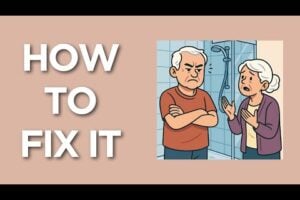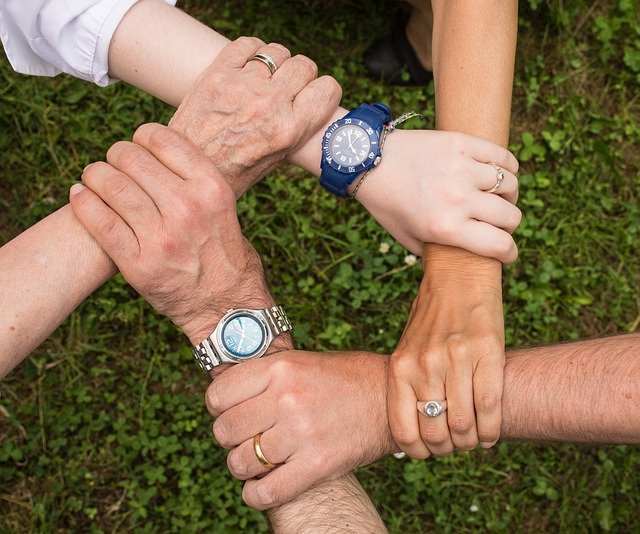In the United States the debate around gun ownership often focuses on teenagers; however, research shows that elderly Americans are the most likely to own a gun. They are also the segment of the population most likely to have Alzheimer’s and other forms of dementia.
That presents both medical and legal problems for physicians and carers. Using a series of case studies to explore the medical and legal dimensions of the issue, Dr. Pinholt suggests ‘5 L’s’, questions about gun ownership which should be asked as routinely as questions about driving.
The 5 L’s
The following are a paraphrasing of the ‘5 L’s’:
- If there is a gun present is it Locked?
- Is it Loaded?
- Are Little children present?
- Does the gun owner feel Low or depressed?
- Is the gun owner Learned and dementia-free?
Article continued below video:
If you have a gun at home, or know someone who does, be sure to routinely check these 5 L’s.
Writing in the Journal of the American Geriatrics Society, Dr. Ellen Pinholt explores these issues in depth, proposing the above series of ‘red flag’ questions which caregivers must ask.
While there is no upper age limit on owning a firearm, Americans aged over 65 have the highest prevalence of dementia, depression and suicide. Federal law prohibits mentally incompetent persons from possessing a gun; however, this only applies to a formal finding by a court and not necessarily to a physician’s diagnosis of dementia.
As more families across the country face the dilemma posed by guns and dementia, the 5 L’s are a good place to start in dealing with it.












Amaze! I have been looking bing for hours because of this and i also in the end think it is in this article! Maybe I recommend you something helps me all the time? Here's it
Love this post. You said right: they are the most likely citizens to own a gun and the most likely patients to have dementia
The article you wrote on really is going to give people value. I really like your blog and you provide us a great information. Thank You!
Guns
Agism is a bad avenue to take for gun confiscation..
My Dad is 93 years old. The last thing he needs is a gun. I got rid of them all.